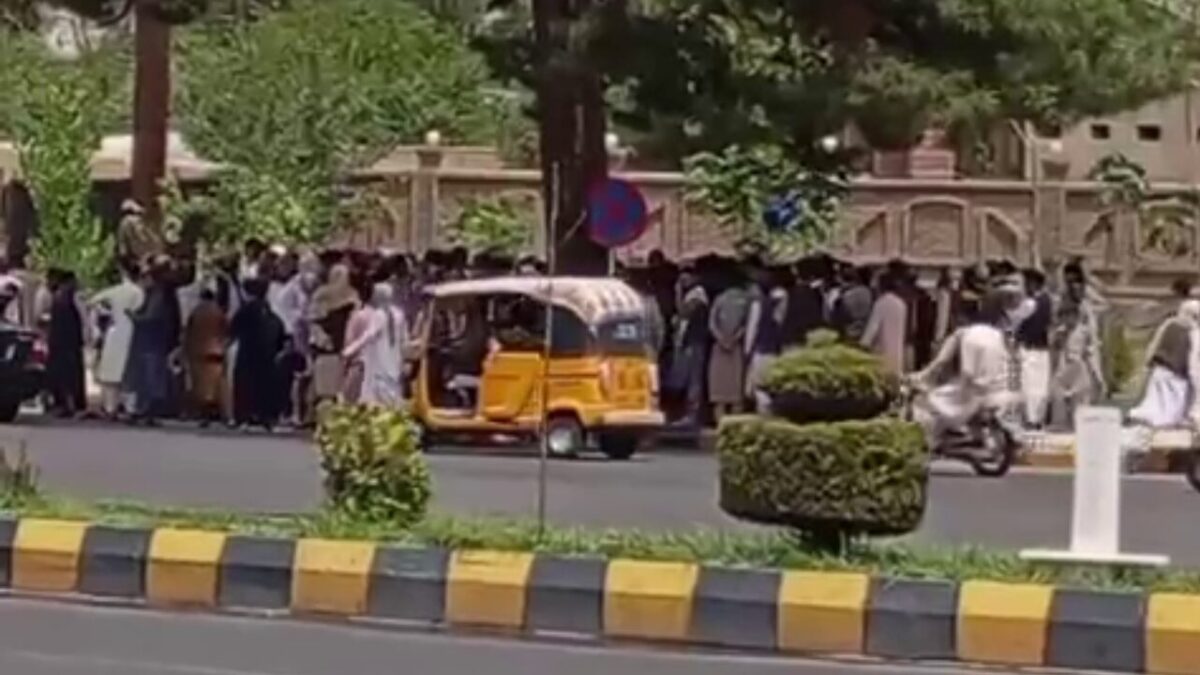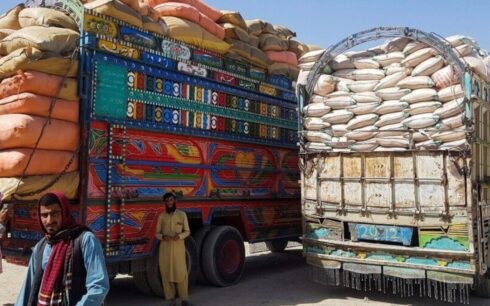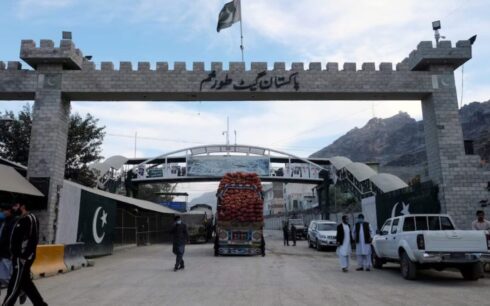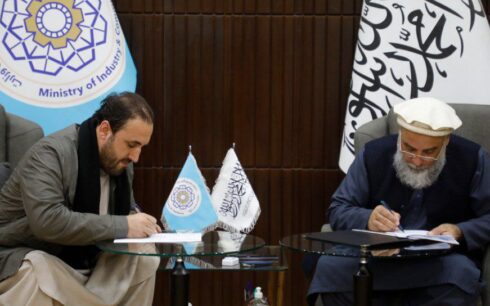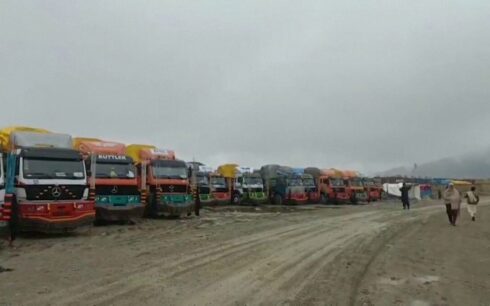Money changers in Herat have staged a protest outside the Taliban governor’s office, citing the stringent conditions imposed on their operations by the Taliban. Sources told Amu that the demonstration was sparked by the closure of nearly 80 percent of exchange shops in the Herat money exchange market.
Members of the Money Changers Union report that the Taliban-controlled central bank is demanding a guarantee of over 6.5 million Afghanis and a bank statement of over 5 million Afghanis in exchange for issuing a money exchange license.
According to some money changers, approximately 500 exchange shops in Herat have ceased operations. After Kabul, the Taliban closed most exchange shops in the Khorasan, Razi, and Sherdel markets in Herat, citing a lack of licenses. Representatives from the Taliban’s intelligence agency, Ministry of Interior, and central bank sealed these shops, leaving nearly 500 money changers unemployed.
“The conditions set by the Taliban for obtaining a license are difficult,” said one money changer. “The central bank is demanding a guarantee of over 6.5 million Afghanis and a bank statement of over 5 million Afghanis. Most exchange shops do not meet these requirements, and the Taliban have started shutting them down.”
Another money changer expressed frustration: “Our exchange shop was closed yesterday, along with around 400 others. We were told to get a license, which costs 6.6 million Afghanis and requires a bank statement of 5 million Afghanis. Our entire business isn’t worth that much. We’re forced to close and remain unemployed in this dire economic situation.”
Economic experts attribute the closures to security concerns and the fear of funds being sent to opposition groups. They argue that the Taliban’s steep requirements for licenses are unrealistic and harmful to business.
Sayed Haroon Amini, an economic expert, stated, “A guarantee of over 6 million Afghanis and a bank statement of over 5 million Afghanis can have a negative impact on business and trade, especially given that banks are not operating normally.”
Sair Fareshi, another economic expert, noted, “Issuing licenses and monitoring money changers can have both positive and negative aspects. On the positive side, the central bank can oversee money laundering and illegal transactions. However, many money changers cannot afford the required amounts.”
In July, the Taliban’s Ministry of Justice announced the implementation of the new Money Exchange and Financial Services Law, which has been published in the official gazette. According to this law, street money changers are banned from transferring money, and all money changers must obtain licenses.
Before Herat, the Taliban had already stopped the operations of street money changers in Kabul’s Sarai Shahzada market, sealing exchange booths outside the market. As a result, hundreds of money changers have been left jobless.

